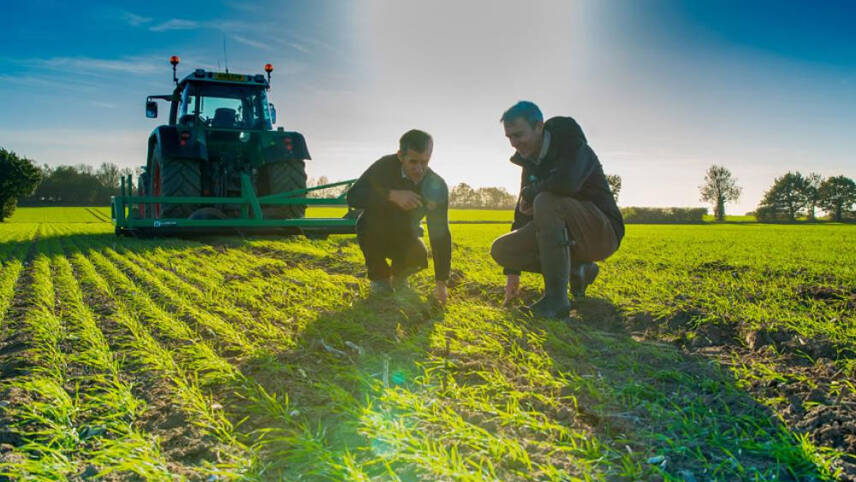Register for free and continue reading
Join our growing army of changemakers and get unlimited access to our premium content

Image: WWF
The NGO has today (28 November) launched a new report, ‘What’s in Store for the Planet 2023’, which acknowledges strides in environmental progress yet highlights substantial gaps that supermarkets must address.
The report highlights gaps across seven critical areas including climate emissions, agriculture, diets, deforestation, marine impact, food waste and packaging.
WWF’s chief executive Tanya Steele said: “Time is running out to fix our fragile food system, which is already creaking under the strain of climate change and nature loss, yet we remain a long way from key 2030 targets that are critical to delivering affordable, healthy, sustainably produced food into every UK shopping basket.
“However, retailers cannot do this alone: the UK Government must get on board, starting by urgently implementing long overdue regulations to meet its high-profile COP26 promise to eliminate deforestation and conversion from UK supply chains and support WWF’s mission to bring our world back to life.”
Globally, the food system contributes to 30% of climate emissions and a considerable 60% of the biodiversity loss.
The report highlights progress on curbing deforestation within palm oil supply, with 76% of palm oil in retailer supply chains reported as RSPO certified. However, the report underscores a stark contrast in soy supply chains, where a mere 5% is verified as deforestation-free.
According to the WWF, traceability issues and the absence of pathways with commodity traders pose barriers to achieving deforestation-free transitions in supply sources.
While retailers have reported reductions in direct emissions (Scope 1 and 2) associated with their operations, the overall progress on Scope 3 (indirect) emissions remains unclear due to data gaps.
These Scope 3 emissions, constituting more than 95% of total supermarket emissions and encompassing supply chains and the food sold, have increased for some retailers, according to the report.
Aldi joins WWF’s Retailers’ Commitment for Nature
In related news, Aldi has joined WWF’s Retailers’ Commitment for Nature, which aims to halve the environmental impact of UK shopping baskets by 2030.
The commitment now covers over 70% of the UK grocery retail market. Other members include Co-op, Lidl, Marks & Spencer (M&S), Sainsbury’s, Tesco and Waitrose.
Forest risks
With only a year left to achieve the 2025 target of 100% deforestation-free agricultural commodity supply chains, retailers face challenges in identifying solutions, especially for meat, dairy, egg and fish products.
The implementation of due diligence regulations across forest-risk commodities by the UK Government is deemed critical to support this pursuit, according to the report.
While there’s evident retailer engagement in reporting, WWF emphasises the necessity for government action.
It is calling on the UK Government to enforce long-overdue due diligence regulations, eliminating deforestation and conversion from UK supply chains.
The UK has already implemented measures to eliminate deforestation from some international commodity supply chains, but, given that the mandate only covers illegal deforestation, businesses and green groups have long been advocating for an extension to all deforestation.


Please login or Register to leave a comment.